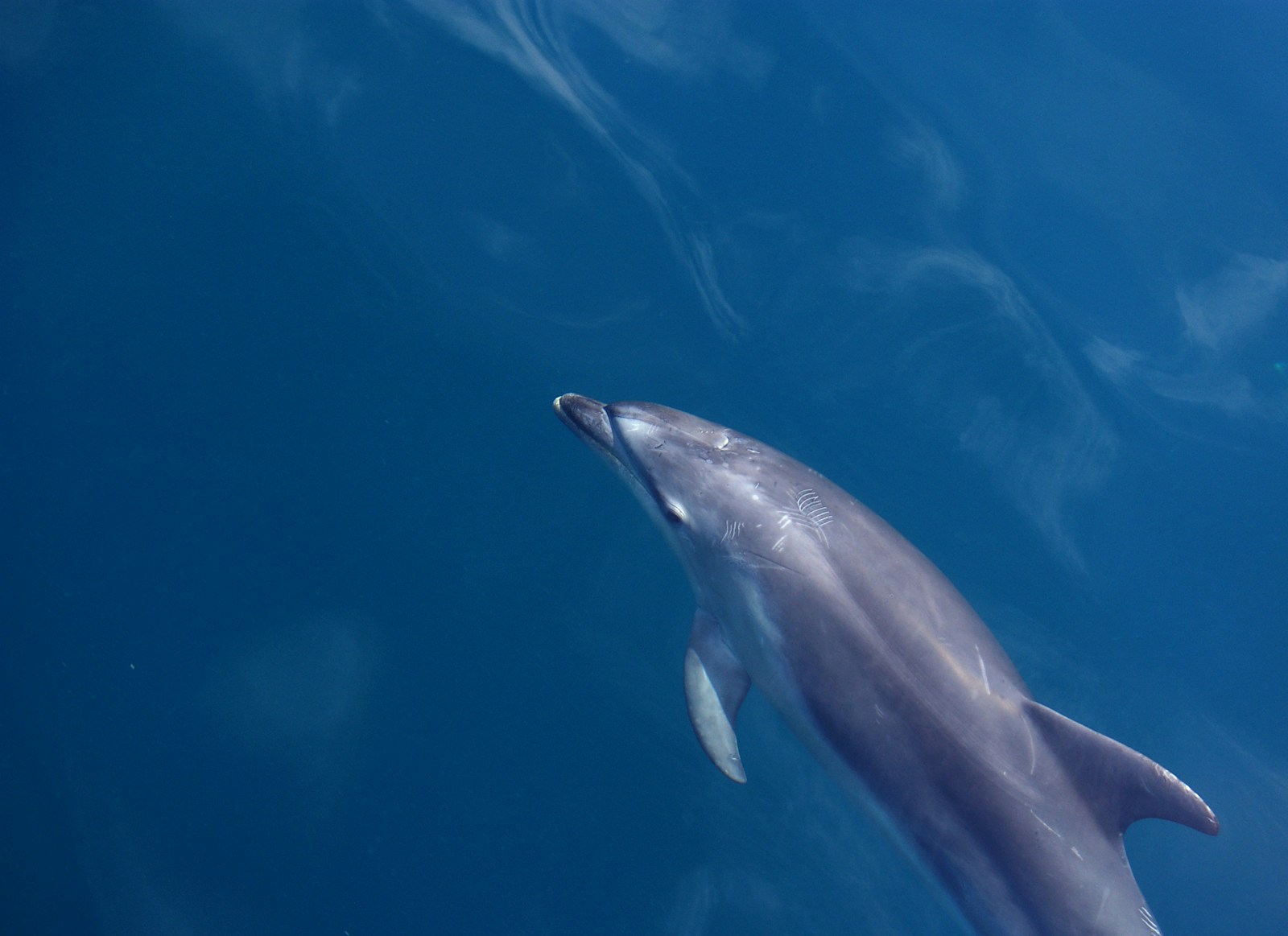
nadar

to swim
'Nadar' refers to the act of moving through water by moving the body.
Example sentences using: nadar
Me gusta nadar en el mar.

I like to swim in the sea.
This sentence is talking about a personal preference for an activity, which is 'swimming in the sea'. 'Me gusta' means 'I like', 'nadar' means 'to swim' and 'en el mar' means 'in the sea'.
¿Sabes nadar?

Do you know how to swim?
The phrase '¿Sabes nadar?' is asking if the person knows how to swim. 'Sabes' is the second person singular form of the verb 'saber', which means 'to know'. 'nadar' is the infinitive form of the verb 'to swim'.
Ellos van a nadar en la piscina.

They are going to swim in the pool.
The sentence 'Ellos van a nadar en la piscina' is in the future tense. 'Ellos' means 'they', 'van a' is the construction to form the near future, 'nadar' is 'to swim' and 'en la piscina' is 'in the pool'.
Nadar es bueno para la salud.

Swimming is good for health.
This phrase suggests that the act of swimming is beneficial for health. 'Es bueno' means 'is good', 'para' means 'for', and 'la salud' means 'health'.
No puedo nadar.

I cannot swim.
This sentence indicates an inability to perform an action, in this case, to swim. 'No puedo' means 'I cannot' and 'nadar' means to 'swim'.
¿Te gusta nadar en la piscina o en el mar?

Do you like to swim in the pool or in the sea?
A question asking for personal preferences about where to swim. '¿Te gusta?' means 'do you like?', 'nadar' means 'to swim', the conjunction 'o' means 'or'.
Nadar puede ser divertido.

Swimming can be fun.
This sentence expresses the possibility that swimming could be enjoyable. 'Puede ser' means 'can be', and 'divertido' means 'fun'.
Vamos a nadar todos los días.

We are going to swim every day.
An expression of future action. 'Vamos a' means 'we are going to', 'nadar' is 'to swim', 'todos los días' is 'every day'.
Ella está aprendiendo a nadar.

She is learning to swim.
The sentence is in the present continuous tense which means it's an action happening right now. 'Está aprendiendo' means 'is learning', 'a nadar' means 'to swim'.
Me gustaría aprender a nadar.

I would like to learn how to swim.
This phrase expresses a wish or desire. 'Me gustaría' means 'I would like to', 'aprender a' means 'to learn' and 'nadar' is 'to swim'.